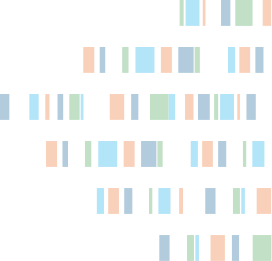Cell-free protein synthesis is becoming a useful technique for synthetic biology. As more applications are developed, the demand for novel and more powerful in vitro expression systems is increasing. In this work, an all Escherichia coli cell-free system, that uses the endogenous transcription and translation molecular machineries, is optimized to synthesize up to 2.3 mg/ml of a reporter protein in batch mode reactions. A new metabolism based on maltose allows recycling of inorganic phosphate through its incorporation into newly available glucose molecules, which are processed through the glycolytic pathway to produce more ATP. As a result, the ATP regeneration is more efficient and cell-free protein synthesis lasts up to 10 h. Using a commercial E. coli strain, we show for the first time that more than 2 mg/ml of protein can be synthesized in run-off cell-free transcription–translation reactions by optimizing the energy regeneration and waste products recycling. This work suggests that endogenous enzymes present in the cytoplasmic extract can be used to implement new metabolic pathways for increasing protein yields. This system is the new basis of a cell-free gene expression platform used to construct and to characterize complex biochemical processes in vitro such as gene circuits.

Home » Synthesis of 2.3 mg per ml of Protein with an all Escherichia coli Cell-Free Transcription Translation System
Publications
Synthesis of 2.3 mg per ml of Protein with an all Escherichia coli Cell-Free Transcription Translation System
myTXTL
Daicel Arbor Biosciences
5840 Interface Dr. Suite 101,
Ann Arbor, MI 48103
1.734.998.0751Ann Arbor, MI 48103
©2024 Biodiscovery LLC
(d/b/a Daicel Arbor Biosciences)
All Rights Reserved.
(d/b/a Daicel Arbor Biosciences)
All Rights Reserved.
Design and development by Raincastle Communications.
